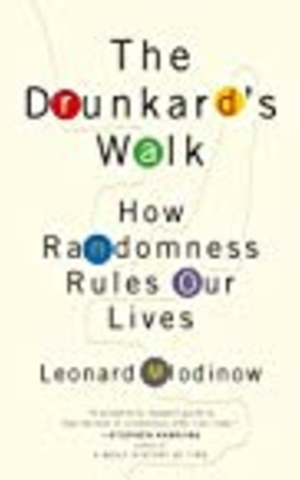
Probability
Most recommended content
See AllFeatured creators
See AllMachine learning • I may or may not have something to do with @0xbnomial.
I teach finance and investing concepts via Twitter threads.
Theoretical physicist, mathematician, screenwriter, and author. Known for his work on the large N expansion in physics and the quantum theory of light inside dielectrics.
Received MA in mathematics from the University of Amsterdam in 1966 and PhD in mathematics in 1970 under Johannes Runnenburg. Research focus on regular variation and sample extremes.
Mathematician known for his contributions to computer engineering and telecommunications. Developed the Hamming code, Hamming window, Hamming numbers, sphere-packing, Hamming graph concepts, and the Hamming distance.





